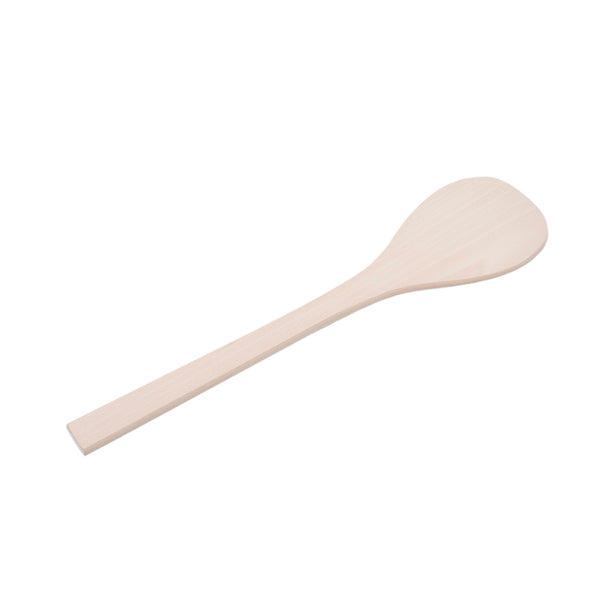These double-pointed split skewer Matsuba-gushi are perfect for piercing and serving sliced fruit, appetizers, and bite-sized morsels. Their Japanese-inspired double-pointed design and natural coloring adds a stylish and nature-friendly touch to any cocktail or appetizer. Made from all-natural bamboo, these fruit skewers are ideal for piercing and holding tomatoes, cheese cubes, olives, shrimp, grapes, or any other small appetizer or...
With a simple design and super smooth surface, this bamboo skewers flat hira-gushi is sure to please. It's perfect for holding together Tsukune chicken skewers, as well as any other large yakitori skewers or food that needs help staying together. The safe, rounded edge makes it easy for staff to grasp when inserting the pick, or for customers to pull...
Baran is used for partitioning or decoration. The word origin of the baran is because the plant called the aspidistra was used in old days. Traditionally, haran (from the Japanese ha for leaf and ran for orchid or lily), also known as baran, is made from fresh leaves, not brightly colored plastic. By nestling a watertight leaf between two foods like fish and rice, Japanese chefs are able to preserve the...
Baran is used for partitioning or decoration. The word origin of the baran is because the plant called the aspidistra was used in old days. Traditionally, haran (from the Japanese ha for leaf and ran for orchid or lily), also known as baran, is made from fresh leaves, not brightly colored plastic. By nestling a watertight leaf between two foods like fish and rice, Japanese chefs are able to preserve the...
Promote a safe, sanitary work environment with these Clean Emboss Royal Glove disposable poly food service gloves. Designed for grocery stores, delis, sandwich shops, concession stands, and any commercial kitchen, disposable gloves are a great way to ensure your staff is practicing proper food safety procedures. Providing access to a clean set of gloves will help ensure your staff complies...
Baran is used for partitioning or decoration. The word origin of the baran is because the plant called the aspidistra was used in old days. Traditionally, haran (from the Japanese ha for leaf and ran for orchid or lily), also known as baran, is made from fresh leaves, not brightly colored plastic. By nestling a watertight leaf between two foods like fish and rice, Japanese chefs are able to preserve the...


